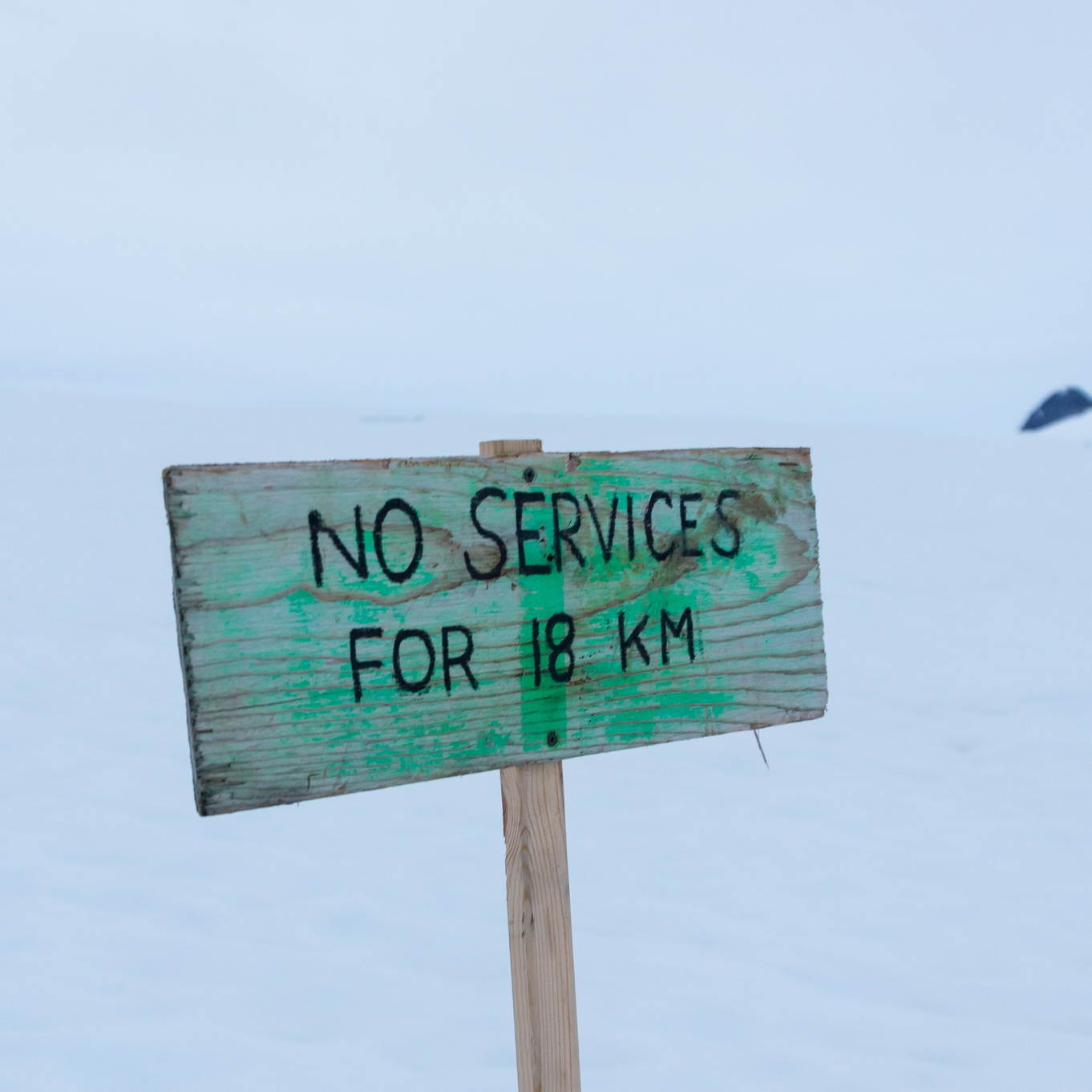Where do we live on the Icefield? Many field research teams say they live in "field camps", but anyone who's been to more than one will tell you this term means something different to everyone.
JIRP field camps all have their own quirks, but the three major ones (Camps 17, 10, and 18) are built with the same overall idea. Each camp is a collection of permanent buildings. The buildings are generally uninsulated and unheated, so they're usually about the same temperature as the outside but they're all protected from rain, snow, and wind.
A major JIRP camp (Camp 18) on a sunny day. Each building has its own purpose- bunk space, cooking facilities, fuel storage, etc. Everyone spends most of their nights based out a camp roughly this size. PC: Daniel Otto.
Each camp has a cookshack, a lecture building, a generator/maintenance building, several bunkhouses, and several outhouses. Fun JIRP trivia: each Icefield building has its own name. The names are often puns (the supposedly degenerate staff sleep in a building attached to the Generator Shed called the "Duh-Generate") or part of a theme (the bunkhouses at Camp 10 are called the Hilton, the Pullman, the HoJo (Howard Johnson), the Raven's Nest, and the Surveyor's Inn- they're all named after hotels).
Cookshack
The Cookshack at every camp is equipped with one or more full propane stove/ovens, counter space for food prep, a pantry, a selection of cooking dishes, and communal tables. Most communal activities happen in the cookshack- meals, Morning Announcements, casual hanging out after dinner, and some lectures.
Bunkhouses/Personal Space
Personal space is limited in JIRP field camps. Bunkhouses are divided by faculty, staff, and students. Faculty and staff housing are gender-neutral; students can choose between single-gender and gender-neutral housing. Each person, regardless of the building in which they're sleeping, has roughly the same setup: A single bunk, a light foam mattress, and the storage space of either half the space under their bunk or hooks on the wall around their bunk. Because everyone brings a very limited selection of personal items to the Icefield this system generally works, but it does require that everyone is conscientious of their bunkmates.
Utilities
Amenities are few and far between on the Icefield. Some participants will arrive more than ready to "rough it", but for others it will take some adjustment. Both perspectives are good and welcome, and we respect the hard work everyone has to do to stay present for the duration of the summer.
Water: We don't have plumbing on the Icefield. We get our drinking water from rainfall and solar snow melt, and every camp has designated, protected areas for collecting clean water. The water is clean and participants need not worry about bringing tools for sterilization.
A sign along the snow machine track on Taku Glacier. No gas stations on the Icefield (except in the camp fuel shed)! PC: Daniel Otto.
Electricity: Every camp has a gasoline-powered generator. We turn the generator on in the evenings, around dinner, and run it until Lights Out at 2300 (11 pm). Not every building is wired, but everyone has access to common outlets for charging batteries and cameras in the Cookshack. Charging opportunities are limited, but as long as everyone is conscientious is generally works out.
Internet/Phone: We do not have internet access on the Icefield, but grocery helicopters bring snail mail to and from camp roughly once a week. We will be updating the blog and our instagram account all summer (via flash drive on the helicopter), so make sure to give your friends and family the links for those!
Likewise, we do not have personal phone access on the Icefield. The Field Staff maintains twice daily contact with the Juneau-based Logistics Staff via radio, satellite phone, or other satellite connection. These avenues are available to students and faculty in specific circumstances (family emergency, small children at home, etc.), please direct questions to the Program Manager if you feel you may want this set up in advance.
Note: We ask that participants not bring their own satellite-connected devices (ex: Garmin InReach). Part of getting the most out of a JIRP summer is connecting with other expedition participants. We apologize if this seems draconian, but it's part of the program.
If the family members of a student need to contact that student urgently during the field season, they can do so at any time through the Logistics Staff in Juneau at (907) 500-8913 or office@juneauicefield.org. The Logistics Staff will communicate with the Icefield at a minimum every 12 hours, and we can relay important messages or request the student call home on the satellite phone.


